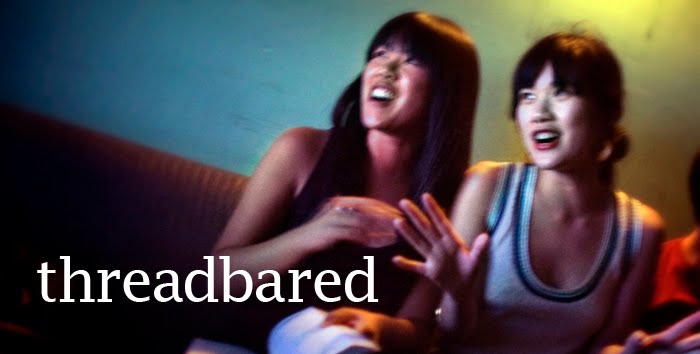
March 4 is an international day of action to defend public education against its increasing privatization by state and corporate powers. From Defend Education, a national clearinghouse for many of these efforts:
We are also united with friends, students, workers, and colleagues in California who are facing an slew of "local" attacks on marginalized campus populations, including the "Compton Cookout" and noose-hanging at UC San Diego, but also the vandalization of the LGBT Resource Center at UC Davis. We recognize that such incidents do not indict "isolated individuals" but also implicate larger structures of inequity, including the processes of privatization. From Queers For Public Education:
As people throughout the country struggle under the worst economic crisis since the Great Depression, public education from pre-K to higher and adult education is threatened by budget cuts, layoffs, privatization, tuition and fee increases, and other attacks. Budget cuts degrade the quality of public education by decreasing student services and increasing class size, while tuition hikes and layoffs force the cost of the recession onto students and teachers and off of the financial institutions that caused the recession in the first place. Non-unionized charter schools threaten to divide, weaken and privatize the public school system and damage teachers’ unions, which are needed now more than ever. More and more students are going deep into debt to finance their education, while high unemployment forces many students and youth to join the military to receive a higher education. And all of the attacks described above have hit working people and people of color the hardest.
We are not surprised that these actions have erupted in the midst of a financial crisis for the UC system, and for its students, faculty, and workers. We note that most of the students organizing against budget cuts and fee increases do so from marginalized positions, foregrounding broader questions of social justice and calling for the downward distribution of resources. In this context, recent violent acts are best understood as part of a larger backlash against modes of student organizing that threaten the privileges linked to whiteness, wealth, heterosexuality, and citizenship. Such events do not emerge suddenly or unexpectedly, but are intimately linked to more pervasive and naturalized systems of oppression. Focusing responses only on the punishment of individual perpetrators effaces the larger context out of which such actions emerge. Students who are already wary of the presence of armed security forces that have historically targeted people who are queer and/or of color, take the proposed presence of the FBI and increased surveillance of campus as a threat and fundamental misunderstanding of our experiences rather than a solution or a sign of support.
Threadbared says, "Educate the state! Defend public education!"



